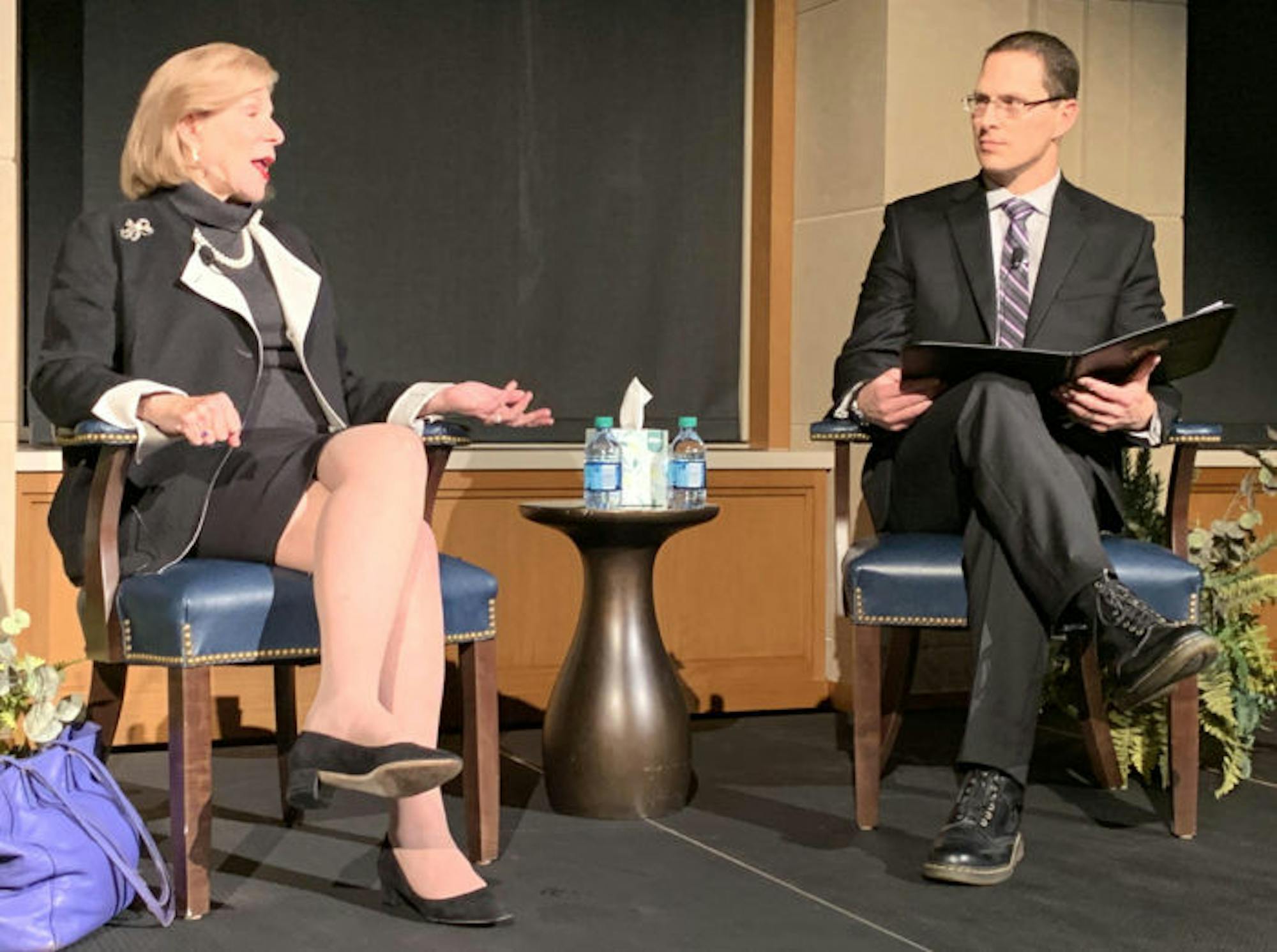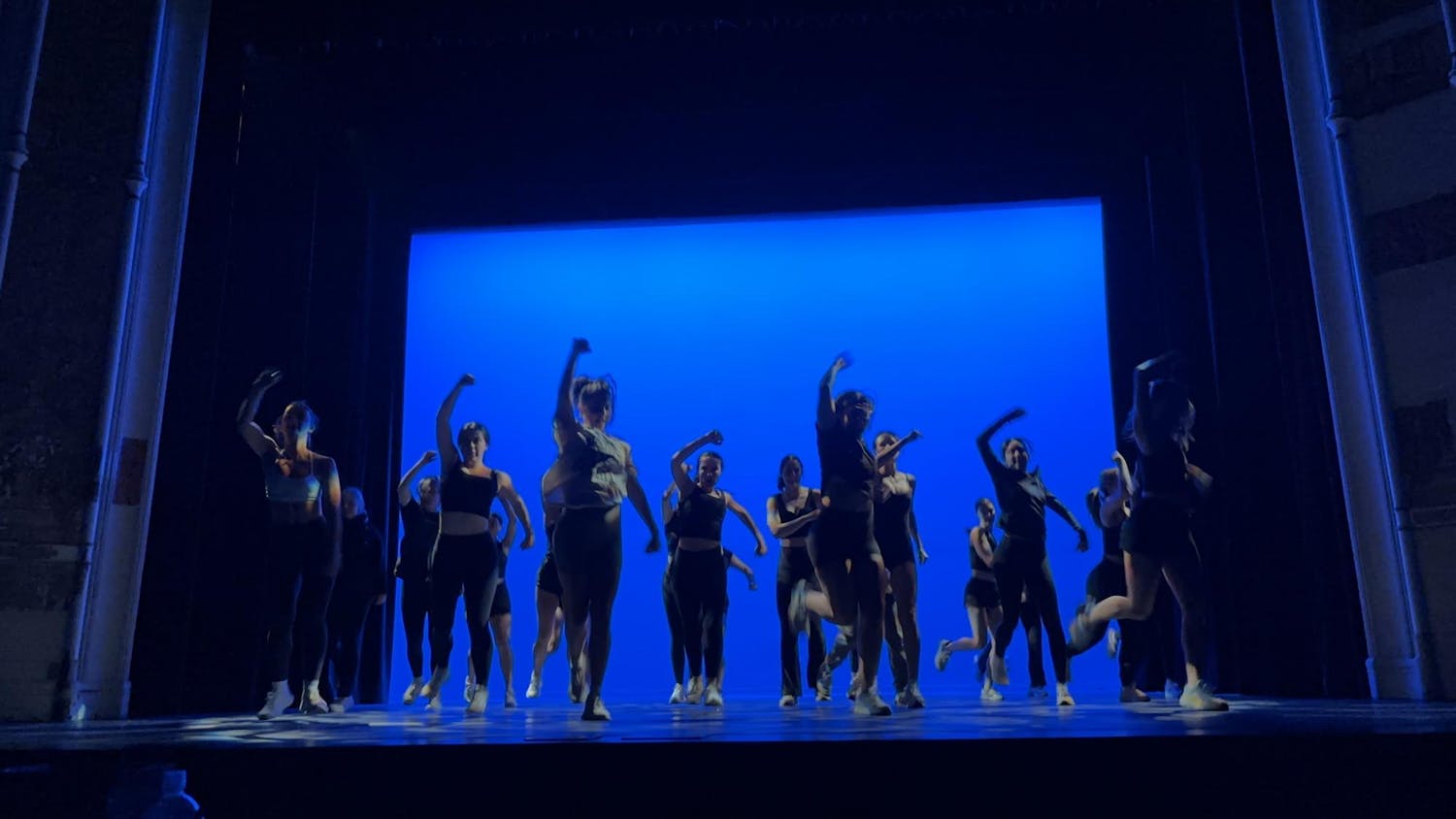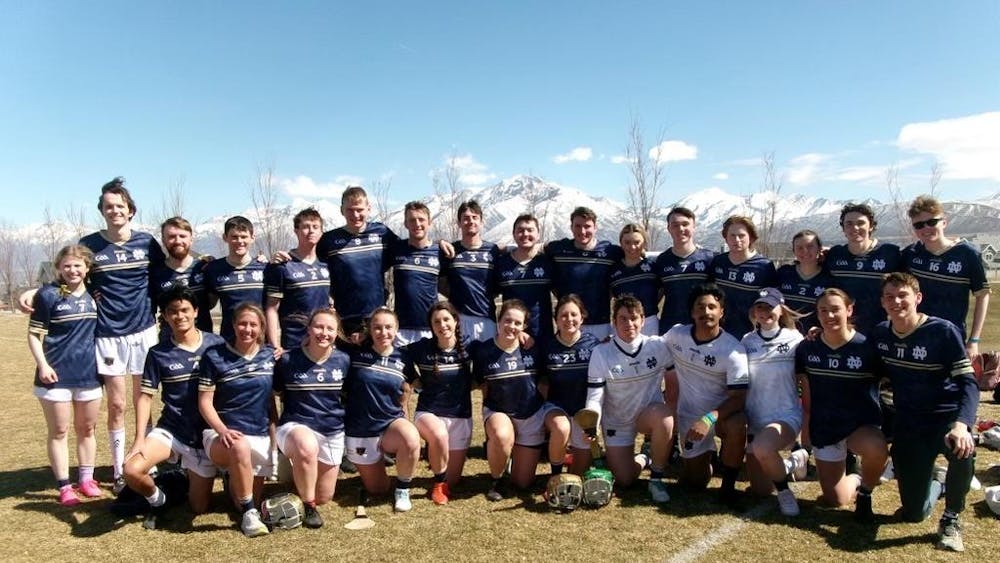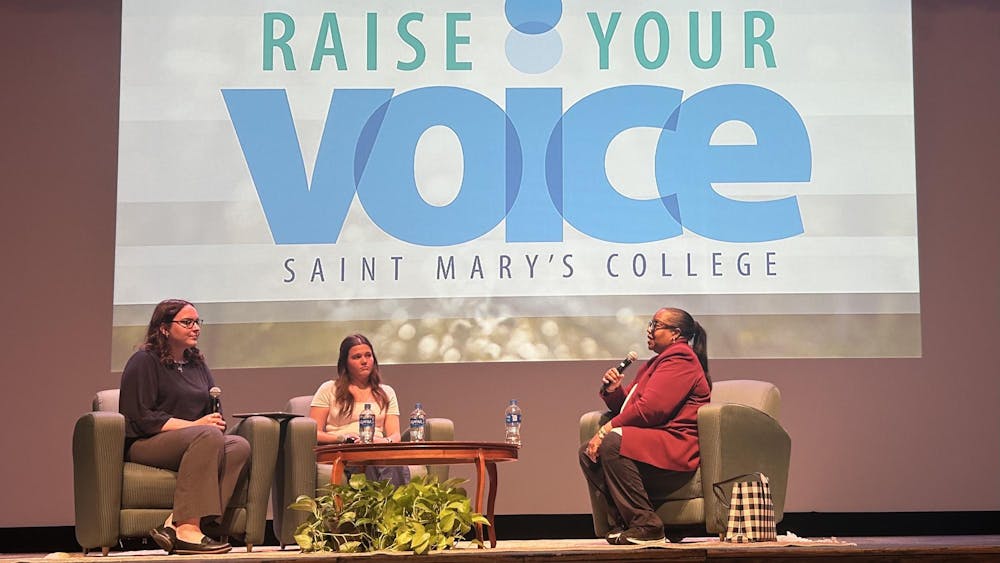When Nina Totenberg began pursuing a journalism career, she was required to overcome a massive cultural hurdle.
“It was extremely difficult in the beginning,” Totenberg said. “People used to just say to me, ‘We don’t hire women.’”
Despite the resistance that Totenberg faced, she continued to seek a role as a journalist and storyteller. Totenberg sat down Wednesday with Randy Kozel, a law professor at Notre Dame, to discuss her career as a reporter and her path to covering the Supreme Court for National Public Radio.
“I always wanted to be a reporter,” Totenberg said. “I wanted to be a reporter at least when I realized that I couldn’t be Nancy Drew.”
Totenberg secured a reporter job, but she continued to confront discrimination in the workplace.
“I suddenly realized that the guy sitting next to me, who was five years younger than I was and had no experience, was making 50 percent more than I was,” Totenberg said.
Totenberg moved to Washington, D.C. and landed a position with Roll Call, a Capitol Hill newspaper that lacked significant manpower.
“The staff was me,” Totenberg said. “There was the publisher, there was his sister who did the ads and there was me. I was the staff.”
Following her stint with Roll Call, Totenberg moved on to the National Observer, a weekly newspaper published by Dow Jones. In her new position, Totenberg filled a number of roles. In addition to covering hearings on Capitol Hill, Totenberg also worked in the print shop to supervise newspaper publication once a week.
During her five years at the National Observer, Totenberg began covering the Supreme Court of the United States, which she would report on extensively for the remainder of her career.
“I started trying to write things, not just about what had to be covered if it was major, but how the court worked, who the justices were and what these cases were.”
When she began covering the Supreme Court, Totenberg did not know all the details of the judicial system, nor did she pretend to have all the answers. In her early years with NPR, Totenberg covered the Supreme Court, the Justice Department, the House and Senate Judiciary committees and all judgeships.
“The first thing I did was — this really amazes me in hindsight — I just called up justices and said could I come by and see them?” Totenberg said. “Most of them — not the Chief Justice — but most of them said yes, and I didn’t ask them anything secretive. I asked them how they did their job.”
Totenberg noted that the justices were very kind, and she made every effort to acquire as much information from them as possible.
“I just was fearless in asking questions,” Totenberg said. “If I didn’t understand something, I would just ask them.”
Her passion for acquiring information and her coverage of the Supreme Court earned Totenberg a number of awards, and she has been recognized by the American Bar Association seven times for her work. In addition to carving out a career in legal reporting, Totenberg crafted her passion for storytelling with NPR.
To end the night, Totenberg offered advice to students in attendance.
“Winning isn’t enough, just like scoops aren’t enough,” Totenberg said. “I love a good scoop, but it’s sort of low-nutrition food, and winning is sometimes low-nutrition food.”
Totenberg encouraged students to find their passions, not necessarily the jobs that will earn the most money.
“Remember what makes your heart beat, so to speak.”













